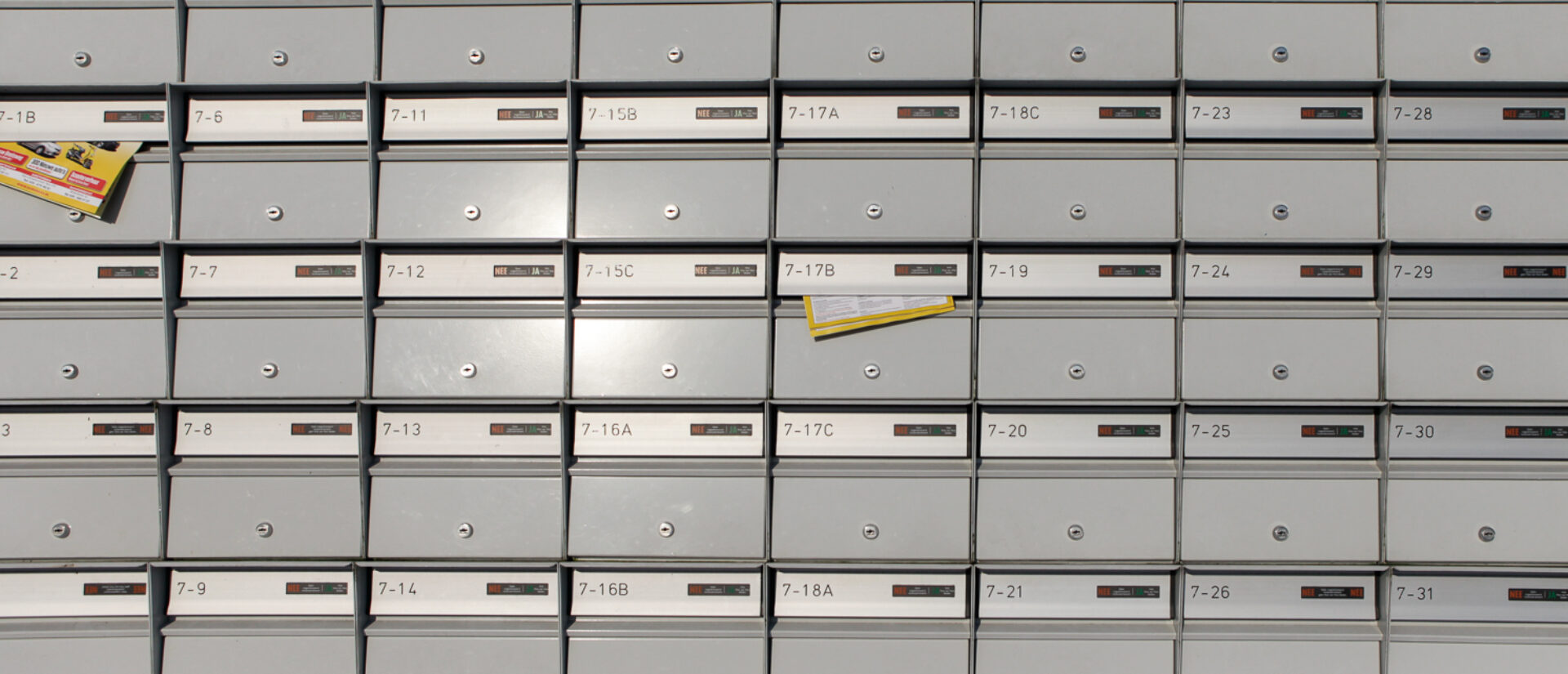
Poor countries fall victim to tax avoidance
Developing countries miss out on at least 460 million euros in tax revenues a year via letterbox companies in the Netherlands. This was shown in research performed by Oxfam Novib, SOMO and Oikos.
Because billions in tax revenues are seeping out from developing countries, the economic development of these countries is seriously stunted. A new report by Oxfam Novib shows that developing countries miss out on at least 460 million euros in tax revenues via letterbox companies in the Netherlands. The actual damage is many times higher, but due to a lack of transparency there are no reliable data available on so-called transfer mispricing. Mother and daughter companies of multinationals are shifting costs and profits in such a way that they hardly pay any taxes at all. Previous estimations indicate that a possible 107 billion euros is withdrawn from developing countries through tax avoidance on a global level each year.
Implausible development policy
“Via tax avoidance, companies withhold income from poor countries which they so desperately need to develop education, health care, safety and infrastructure. To me that’s incomprehensible,” says Farah Karimi, General Director of Oxfam Novib. “The new Dutch development policy that is focused on economic growth and trade through supporting companies is completely implausible as long as the Netherlands continues to facilitate multinationals avoiding tax in developing countries.”
Substantial role for the Netherlands
Partly based on research performed by SOMO and Oikos, the Oxfam Novib report ‘De Nederlandse Route, Hoe arme landen inkomsten mislopen via belastinglek Nederland(opens in new window) ‘ describes the consequences of tax evasion and avoidance on poor countries, the substantial role played by the Netherlands in international tax avoidance practices, and how the Netherlands can contribute to a fairer international tax system.
Lack of transparency
Oxfam Novib is extremely concerned with the lack of transparency, and therefore insists on independent research, preferably by the Dutch National Audit Office. Farah Karimi:
“We need to put a halt to the major insecurities regarding what the current system the Netherlands costs or yields, and determine the exact damage to developing countries. According to the President of the European Council Rompuy, the Netherlands is missing out on 30 billion – nearly ten times the development budget – due to tax evasion and tax avoidance. Due to privacy and fiscal regulations not even our parliament has a clear insight. Something has to change.”
The Dutch National Audit Office can obtain confidential access to figures that cannot be published by the Dutch government, and process them in an aggregated way without violating privacy or fiscal regulations.
Oxfam Novib recognises that structural solutions to these problems should be sought on an international level. It therefore advocates more transparency from multinationals in all sectors. Companies should report their actual activities per country; where they achieve their profits and where they pay their taxes. Governments will then be able to tax companies in the countries in which they are actually economically active, and thus combat tax avoidance.
International tax system needed
Oxfam Novib also advocates that OESO and the G20 develop coherent proposals for an international tax system that prevents avoidance, obviously in collaboration with developing countries. The Netherlands should also make international efforts to combat damaging tax competition. Aligning tax rates can put a stop to the ‘race to the bottom’ in which companies search for the lowest tax rates. As Chairman of the Eurogroup, Dutch Minister of Finance Dijsselbloem can take the lead, both in the EU group, and in the G7/G20.
Short-term improvements
And the Netherlands can also take measures of its own. For example, it can urge the four major accounting firms to increase their corporate social responsibility. It should also accentuate the conditions for companies to utilise the benefits of the Dutch Treasury; investigate tax treaties with developing countries on negative effects and, if necessary, review them to put development relevance first and prevent abuse; and, finally, the Netherlands could include a well-founded local tax contribution as CSR condition which should be met by companies if they want to be eligible for relations with the government.
Partners
Related content
-

-

-
The treaty trap: The miners Published on:
 Vincent KiezebrinkPosted in category:Publication
Vincent KiezebrinkPosted in category:Publication Vincent Kiezebrink
Vincent Kiezebrink

